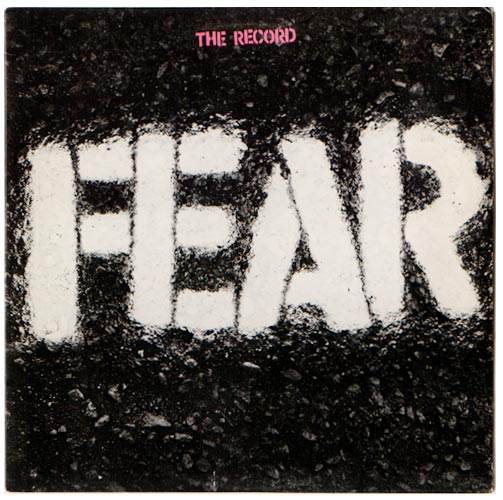A childbirth revolution
/ When I was at the centre of a traumatic litigation case for 9 years following a home birth I facilitated, I believed my life would never be the same again. I have very recently been reminded of those harrowing days, months and years, but am now able to breathe a sigh of relief.
On the 20th September I watched the premiere screening of Freedom for Birth, in Holland. I was graciously invited to the home of Nicola Philbin to see the film, which was a God send as I was in the Netherlands visiting my grandchildren. Nicola is a lawyer, a doula and an antenatal teacher, and I met her months earlier at the Human Rights in Childbirth Conference in the Netherlands simply by admiring her dress. Along with a friend of hers, an English midwife who works in the Hague, we sat glued to the TV as the documentary played.
When I was at the centre of a traumatic litigation case for 9 years following a home birth I facilitated, I believed my life would never be the same again. I have very recently been reminded of those harrowing days, months and years, but am now able to breathe a sigh of relief.
On the 20th September I watched the premiere screening of Freedom for Birth, in Holland. I was graciously invited to the home of Nicola Philbin to see the film, which was a God send as I was in the Netherlands visiting my grandchildren. Nicola is a lawyer, a doula and an antenatal teacher, and I met her months earlier at the Human Rights in Childbirth Conference in the Netherlands simply by admiring her dress. Along with a friend of hers, an English midwife who works in the Hague, we sat glued to the TV as the documentary played.
Since the aforesaid conference I thought I had a broad understanding of many of the global issues surrounding childbirth and human rights, but I was wrong. The Freedom for Birth film was a revelation. The talented filmmaker couple Toni Harman and Alex Wakeford succeeded in delving deep into the detail of events where the human rights of individual women have been catastrophically violated during the childbirth period.
The film mainly focuses on the plight of Agnes Gereb, a Hungarian obstetrician/midwife who has been subjected to what can only be described as a witch hunt for facilitating homebirth, she was sentenced to a prison sentence and is currently under house arrest pending the outcome of an appeal. Toni and Alex take us to Agnes’s doorstep, and we hear her gently spoken account of her situation, and what she is experiencing internally.
Freedom for Birth highlighted to me the relatively fortunate position we are in in the UK, with regard to parental choice in place of birth (including home birth), and professional regulation and autonomy for midwives. But that doesn’t mean our system is perfect, far from it. The reality of women being able to choose where to give birth varies from area to area and there are many compounding elements influencing the fact that most women continue to choose to have their baby in hospital believing it to be safer. There is also the potential erosion of choice for mothers and midwives if a solution isn’t found to the inability of Independent Midwives obtaining indemnity insurance, as practice without insurance will be illegal from October 2013. AIMS are concerned that if this situation is realized the potential for women choosing to birth outside the system and without a midwife will increase (AIMS 2012).
And each day the evidence revealed in the Birthplace Study (2011) that for low risk women there is a greater incidence of intervention and Caesarean section when birth takes place in hospital is apparent.
In addition, there is FEAR amongst the health care professionals working in maternity services.
Fear of retribution
Fear of litigation
Fear of the press
The workloads are frequently unmanageable, and the pressure increasing. The concept and delivery of risk management strategies are eating at each element of care so that 'records' are the focus, not the individual and her family.
But there are mini revolutions happening every day too. In my experience when midwives support mothers and push the boundaries of organizational and professional constraint and they are supported by obstetricians, change is possible. I witnessed first hand radical shifts in culture in maternity services that were once burdened with destructive oppression from medical and midwifery staff. Bullying was common place. But the ‘revolution’ took decades, and was achieved with small steps and a handful of committed individuals. There was a tipping point in the service, which is now successfully offering the full range of choice of place of birth for women, and promoting positive birth outcomes for all women. This was made possible through staying focused, collectively gather momentum, and developing collaborative, respectful relationships.
Reading and listening to others and their stance on Agnes makes me angry and frustrated. How can it happen?
But we must keep going, pushing, influencing, lobbying, and be committed to give back birth to women.
My hands are joined with others across the world, I hope yours are too.
Other related blogs:
And an interesting thought
References:
Dresner Barnes H (2012) Professional indemnity insurance for independent midwives AIMS Journal 24(2):18-9
